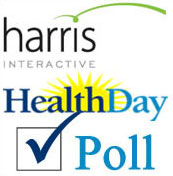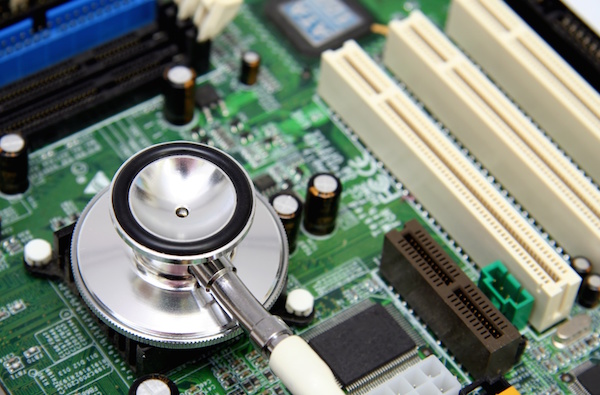
THURSDAY, Oct. 7 (HealthDay News) — Americans overwhelmingly support embryonic stem cell research, and that backing stretches across a broad range of demographic groups, including Republicans, Catholics and born-again Christians, according to a new Harris Interactive/HealthDay poll.
Almost three-quarters (72 percent) of the adults surveyed believe that scientists should be allowed to use embryonic stem cells left over from in vitro fertilization procedures to search for potential treatments or ways to prevent diseases such as Parkinson’s disease, Alzheimer’s, diabetes and other conditions.
Only 12 percent oppose using stem cells for biomedical research, numbers that mirror those from a similar poll conducted in 2005.
“There is now overwhelming public support for using embryonic stem cells in biomedical research,” said Humphrey Taylor, chairman of the Harris Poll, a service of Harris Interactive. “Even among Catholics and born-again Christians, relatively few people believe that stem cell research should be forbidden because it is unethical or immoral.”
Paul Sanberg, distinguished professor of neurosurgery and director of the University of South Florida Center of Excellence for Aging and Brain Repair in Tampa, said, “This [poll] shows that the public still believes that stem cells could lead to important therapeutics.”
Sanberg, too, is optimistic about the field’s potential, saying that the “data from scientists continues to show promise in degenerative diseases such as Alzheimer’s and in other conditions, such as stroke, diabetes, heart attack and traumatic brain injury.”
The poll, which was conducted online between Sept. 28-30 and included 2,113 adults aged 18 and over, took place at a critical juncture in legal arguments surrounding stem cell research in the United States.
In late August, U.S. District Court Judge Royce Lamberth ruled that federal funding of embryonic stem cell research violated a 1996 law prohibiting the use of taxpayer dollars for such work. The Obama administration appealed that decision.
Soon after, an appeals court issued a temporary suspension of the ban until it could hear full arguments over the next few weeks.
In the wake of that stay, U.S. government officials announced that researchers at the National Institutes of Health would resume working with embryonic stem cells.
The Harris Interactive/HealthDay poll found that Americans’ support for embryonic stem cell research has remained steady since the 2005 findings.
Among the latest poll’s results:
- Seventy-three percent (versus 72 percent in 2005) believe that stem cell research should be allowed “as long as the parents of the embryo give their permission, and the embryo would otherwise be destroyed.”
- Fifty-eight percent of Republicans think stem cell research is acceptable (versus 24 percent opposed), as do 69 percent of Catholics and 58 percent of born-again Christians. Sixteen percent of Catholics and 22 percent of born-again Christians oppose it.
- Two-thirds of the respondents agreed that, “If most scientists believe that stem cell research will greatly increase our ability to prevent or treat serious diseases we should trust them and let them do it.”
- Twenty percent think embryonic stem cell research “comes too close to allowing scientists to play God.”
- Almost two-thirds (62 percent) said they do not agree that “allowing any medical research using stem cells from human embryos should be forbidden because it is unethical and immoral.”
- Slightly more than half of the respondents said they feel that lack of federal funding for stem cell research would leave the United States far behind other nations in developing new drugs and preventing diseases.
- Twenty-eight percent of those polled agreed with the following statement: “I don’t believe that we should put the interests of medical science ahead of the preservation of human life, which includes human embryos.”
More information
Read more about the poll’s findings and methodology at Harris Interactive.
Learn more about stem cell research at the U.S. National Institutes of Health.

